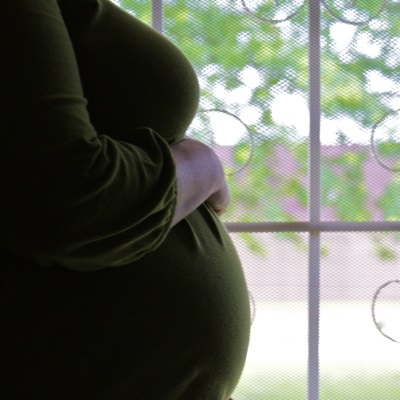 West Nile Virus is a nasty bug, with symptoms that can range from something like flu to actual paralysis — combined with pregnancy, it’s a frightening possibility. Yet, while researching this article, I found that pregnant women have less to fear from West Nile Virus than they might expect. Here’s some of the not-so-bad news.
West Nile Virus is a nasty bug, with symptoms that can range from something like flu to actual paralysis — combined with pregnancy, it’s a frightening possibility. Yet, while researching this article, I found that pregnant women have less to fear from West Nile Virus than they might expect. Here’s some of the not-so-bad news.
First of all, while your immune system does weaken somewhat during pregnancy, making you more vulnerable to some illnesses, West Nile is not one of them, according to the Centers for Disease Control.
You’re not restricted in the way you choose to keep away mosquitoes, which carry West Nile, as long as you use repellents approved by the EPA. (Of course this is a personal choice, and I realize many people distrust commercial repellents and prefer to go with natural substances. The EPA has registered “some oil of lemon eucalyptus†products.) Long sleeves and pants, especially at night when mosquitoes are active, will go  a long way toward avoiding bites.
Even if you’re unfortunate enough to come down with West Nile, your risk of passing it on to your baby is small. Very few babies have been found to be born with it. It can possibly be transmitted through breast milk — in one new mom who’d caught the virus from a blood transfusion, it was found in her milk, and the baby tested positive also. On the bright side, the baby in this case showed no symptoms. The CDC recommends you don’t stop breastfeeding if you’re diagnosed with West Nile.
The baby’s lack of symptoms in that case is actually pretty normal — 70 to 80% of people infected with West Nile have no symptoms at all and will only know they have it if they happen to be tested. Less than 1% of those infected will have severe symptoms.
(That said, prevention is still important. So is seeing a doctor if you do get symptoms of the virus, which include fever, headache, body aches, joint pains, vomiting, diarrhea, and a rash.)
Though there’s no vaccine yet for West Nile virus, researchers are working on it. There’s no medication to treat it, either, but over-the-counter painkillers are okay if your doctor approves. Those with severe symptoms may need to be cared for in a hospital. Most people get infected between June and September, so when fall comes the danger will be largely past.
So West Nile is a danger to be aware of — but not one that should obsess you.










